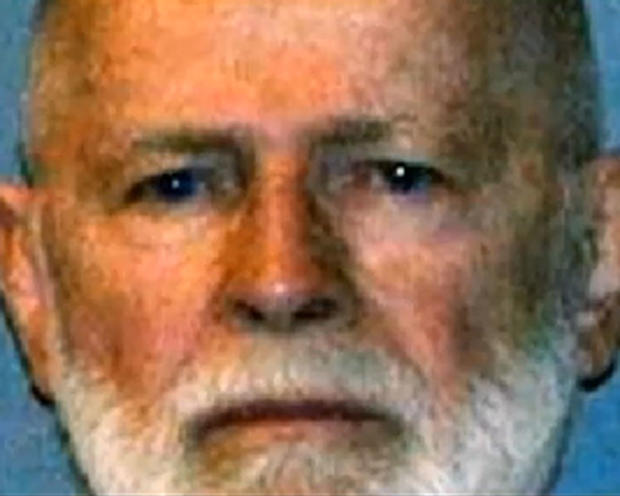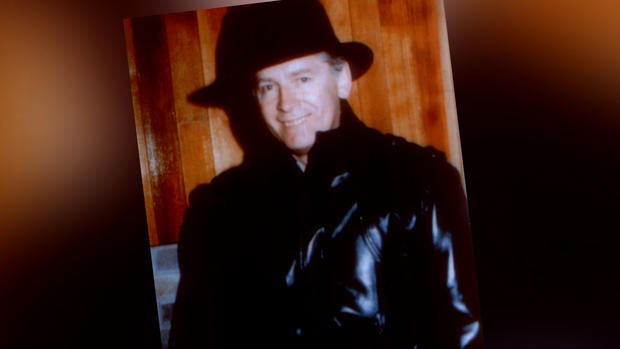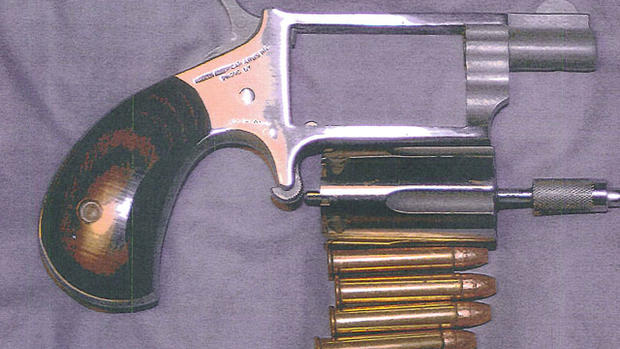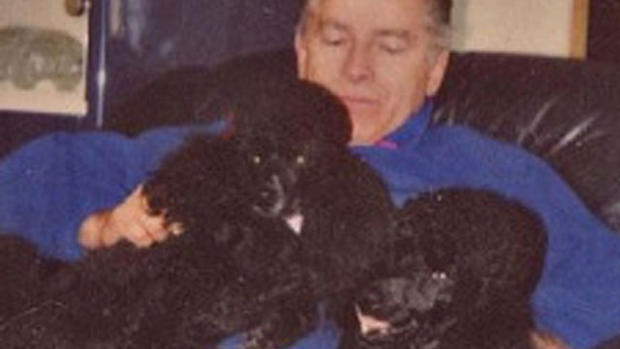"Whitey" Bulger Update: Racketeering trial nears end as defense wraps up case in week 7
(CBS/AP) BOSTON - Will "Whitey" Bulger testify? That was the question on everyone's mind this week as defense lawyers began presenting their case to free the reputed mobster from a massive racketeering indictment charging him with 19 killings.
By the end of the week, we got the answer.
PICTURES: Guns and Money: Whitey Bulger evidencePICTURES: Whitey Bulger's "softer side"
"I'm making the choice involuntarily. I feel like I've been choked off from having an adequate opportunity. As far as I'm concerned, I didn't get a fair trial,'' the 83-year-old Bulger said in a calm and measured tone in court Friday. "This is a sham. Do what youse want with me.''
When Judge Denise Casper pressed Bulger for a clearer answer and asked whether it was his decision to not testify, he stood and replied, "that's correct," as chaos erupted in the courtroom.
The widow of Michael Donahue, one of Bulger's alleged murder victims, shouted "You're a coward!" while other relatives groaned.
Bulger said he wanted to testify, but only about his claimed immunity deal he said he received from late federal prosecutor Jeremiah O'Sullivan, CBS Boston reports. Judge Casper told Bulger she understood his position, but noted that she made her decision a long time ago that the immunity claim was not admissible at this trial.
The exchange over whether Bulger would testify took place without the jury present. When they returned, the defense formally rested its case.
"The defense calls no further witnesses and we rest at the time," defense attorney Jay W. Carney said.
The jury was advised that closing arguments would be held Monday and deliberations would begin Tuesday. The jury will not be sequestered during deliberations, despite a request by the defense.
Bulger, 83, is accused of participating in 19 killings during the 1970s and '80s while leading the notorious Winter Hill Gang. He fled Boston in 1994 and was one of the nation's most-wanted fugitives until he was captured two years ago.
Throughout the 35 days of testimony in the trial, 73 witnesses took the stand; 62 for the prosecution and 11 for the defense.
It wasn't until Monday that the defense began calling witnesses and they began with Robert Fitzpatrick, a former assistant special agent in charge of the Boston FBI office.
Fitzpatrick testified that Bulger was uncooperative and didn't appear to be helping the bureau's mission to gather information on the Mafia. He said he asked FBI officials to terminate Bulger as an informant, but they wouldn't listen.
Under questioning from Bulger's lawyer, Fitzpatrick testified Bulger denied being an informant when he met with him in 1981, but was listed in FBI files as an informant who provided the agency with information on the Mafia. At the time, dismantling the Mafia was a national priority for the Justice Department.
Defense lawyers have insisted that Bulger was not an informant. Carney has told the jury that it went against Bulger's Irish heritage to be an informant and that Bulger loathed anyone who ratted on friends or enemies.
Another notable witness called by the defense this week was retired FBI agent James Crawford. He testified Wednesday that the mother of Debra Davis, one of Bulger's alleged murder victims, asked him to investigate Debra's disappearance. Crawford testified Davis' mother suspected Stephen "The Rifleman" Flemmi - whom her daughter had been dating and was Bulger's former associate - may have killed her.
Flemmi previously testified in the trial that Bulger was responsible for the 1981 killing of Debra Davis.
Also Wednesday, the defense called retired FBI supervisor Fred Davis Jr. to testify. He described inspecting Bulger's thin informant file in 1979 and recommending its closure.
"My opinion was that it was worthless," he said.
Throughout the trial, Bulger's lawyers spent a great deal of time trying to knock down the informant claim by suggesting that Bulger's FBI handler, retired Special Agent John Connolly Jr., attributed information from other informants to Bulger in an attempt to advance his own career. At the time, when bringing down the Mafia was a national priority for the Justice Department, Connolly's recruitment of top-echelon informants in that mission won him numerous accolades. Connolly is now in prison.
Some thought that Bulger may have wanted to take the stand just to set the record straight on two fronts: First, that he was not an FBI informant, as prosecutors and many prosecution witnesses have claimed, and second, that he did not kill women.
"He might insist that he wasn't a rat, he wasn't an informant. ... But is it worth it for him to hold his head high and say, 'I wasn't an informant for the government, or I never killed women' when he will be forced to admit other things on the stand?" Boston College law professor Michael Cassidy told the Associated Press, according to a report earlier this week.
Now that the decision has been made that Bulger won't take
the stand, the jury will have to rely on witness testimony to answer the next question on everyone's minds: Is he guilty?
Complete coverage of the Whitey Bulger case on Crimesider



